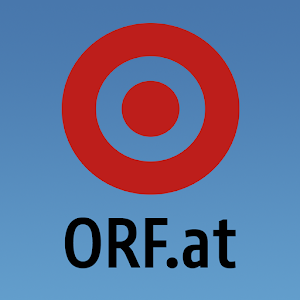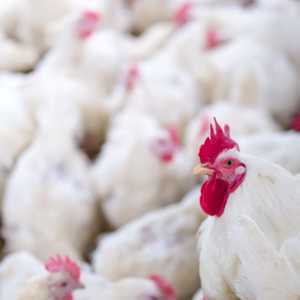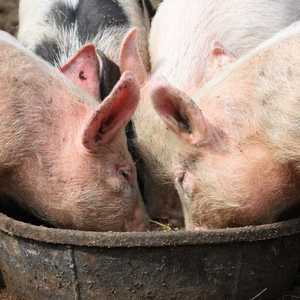Denmark is introducing the world’s first tax aimed at agricultural emissions, such as cow flatulence. This comes as part of an agreement finalized Monday, Nov. 18 between the Danish government and farmers, industry groups and environmentalists.
The new tax looks to address the farming sector, which is the country’s largest source of carbon pollution.
Starting in 2030, Danish farmers will be required to pay approximately $43 for every ton of carbon dioxide equivalent their operations emit. This fee is set to increase to around $106 per ton by 2035.
The average farm in Denmark emits about 5.6 tons of carbon dioxide annually. About half of those emissions stem from methane released by livestock through burps and manure.
Officials estimate that in the first year, the new tax could reduce greenhouse gas emissions by 1.8 million tons. That’s a reduction comparable to the annual emissions of a small city.
In addition to the emissions tax, Danish officials are also targeting the agricultural sector’s reliance on chemical fertilizers.
Denmark shares the lead for the highest proportion of cultivated land, at 60%. That means fertilizer usage throughout the country is high. Experts say the high use leads to to harmful nitrogen runoff.
This pollution has reportedly depleted oxygen levels in the nation’s waters to alarming levels, leading to notable marine life loss.
To combat this, the government plans to allocate $6.1 billion over the next two decades to purchase approximately 15% of Denmark’s farmland.
Officials plan to repurpose the land and plant one billion trees. Researchers estimate a reforestation project like this could absorb up to a decade’s worth of carbon emissions.







































